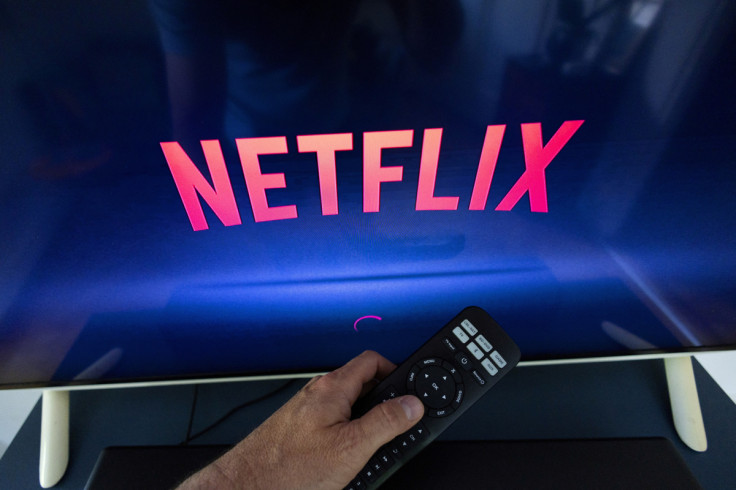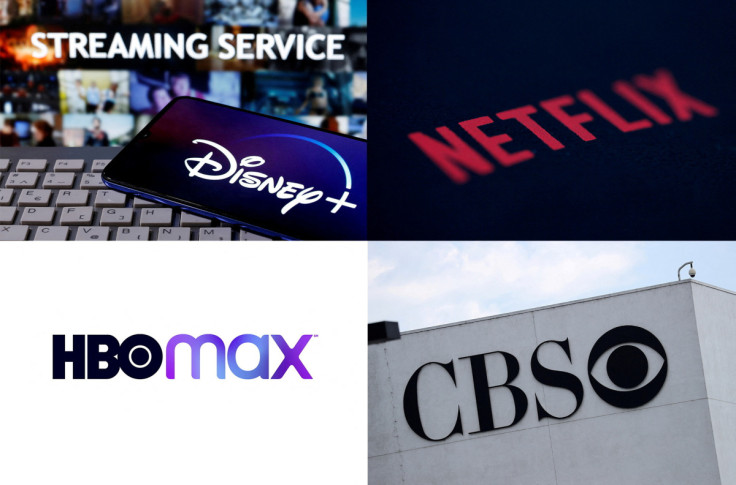Analysis: Is Netflix envy over in Hollywood? Not quite
Over an earnings period that appeared to signal the end of Netflix envy, Walt Disney Co restored hopes that growth in the streaming business will continue.

Over an earnings period that appeared to signal the end of Netflix envy, Walt Disney Co restored hopes that growth in the streaming business will continue.
But Disney, which edged past Netflix as streaming leader by global subscribers last quarter, is the outlier among its media peers.
The industry-wide scramble of the last few years to copy Netflix Inc has slowed to a more deliberate pace over the last two weeks, as companies change their tune on the streaming business. Rather than placing streaming at the center of their strategy, it is now just one of several lines of business.
"We effectively have four or five or six cash registers," Warner Bros Discovery's CEO, David Zaslav, told analysts last week. "And in a world where things are changing and there's a lot of uncertainty ... that's a lot more stable and a lot better than having one cash register."
In recent earnings reports, traditional media companies touted stable and shrinking businesses like linear television as profit centers to weather economic uncertainty. Cash flow has become cool again, analysts said, replacing subscriber growth as the main metric of success in recent years.
Hollywood's new frugality comes as rising inflation threatens consumer spending and the surge in new subscribers during the global pandemic subsides.
It also follows Netflix's fall from grace. The company's stock market value has tumbled to about $100 billion from a high of over $300 billion in November, as its growth has stalled.
More bleak news may be on the horizon. National advertising spending fell for the first time in June in the United States, after 15 straight months of gains, amid concerns about the possibility of a recession, according to advertising data firm SMI.
Fresh off a $43 billion merger, Warner Bros Discovery said last week the company would no longer sacrifice its traditional film and TV businesses to prop up its subscription streaming service HBO Max, in a sharp rebuke of previous management's focus on the streaming business.
It has scrapped expensive projects such as the HBO Max science-fiction series "Demimonde" in development from "Lost" creator J.J. Abrams and the DC Comics-inspired film "Batgirl," and took $825 million in write-offs in its second quarter.
"I think they're crying uncle," said LightShed Ventures media analyst Rich Greenfield of Warner Bros' moves. "They are not in a financial position to take on the pain needed to compete."
Bank of America Merrill Lynch media analyst Jessica Reif Ehrlich said Warner Bros Discovery is playing to its strengths.
"It's imperative that the media companies take a holistic point of view and try to monetize their increasingly valuable content over every platform, whether it's linear or digital," she said.
That view is spreading across the media business.
Comcast Corp's NBCUniversal, which invested less aggressively than its rivals, touted its prescience in not overspending on its Peacock streaming service.
Paramount Global Chief Executive Bob Bakish last week bragged about the growth of the company's streaming service, even as he applauded the decision to delay the release of "Top Gun: Maverick" so the film could premiere exclusively in theaters. The summer blockbuster, which debuted on May 27, has yet to reach Paramount+.
THE EMPIRE STRUCK BACK
The pullback across media makes the performance and forecast of Disney - which released third-quarter earnings on Wednesday - all the more remarkable, analysts said.
"This is a pivotal moment in the streaming wars as Disney now has more direct-to-consumer video subscribers than Netflix," said Paolo Pescatore, an analyst at research firm PP Foresight. "It feels like a two-horse race."
Disney shares rallied 6.5% after it reaffirmed streaming profit targets and reported reaching 221 million total global streaming subscribers, surpassing for the first time streaming pioneer Netflix, which has 220.7 million subscribers
Disney, which was the first of the major media companies to restructure around chasing Netflix, has harnessed its roster of globally recognizable entertainment brands, and a robust $30 billion in content spending, to edge out Netflix.
But past may not be prologue in the streaming business, analysts warned.
"A key risk for Disney is that past subscriber growth came at a time when a number of key franchises such as Marvel and Star Wars were concluding. Huge uncertainty remains about how the next content phase will fare in drawing or retaining subscribers," said Jamie Lumley, an analyst at Third Bridge.

Copyright Thomson Reuters. All rights reserved.





















